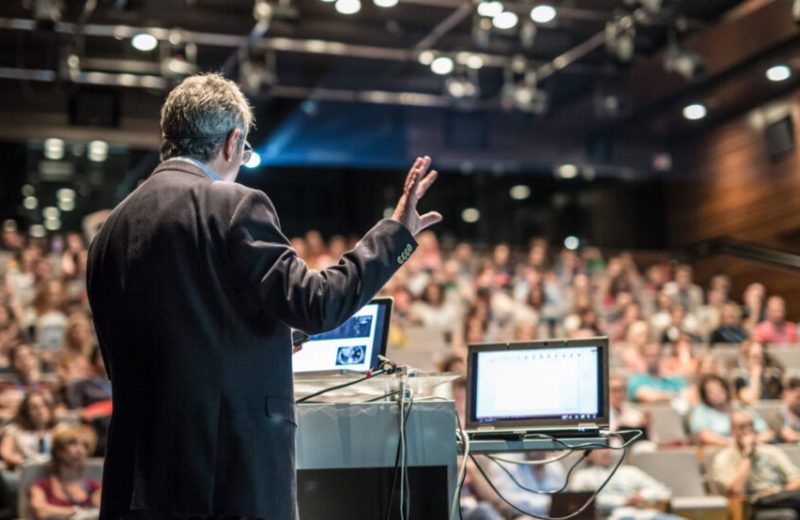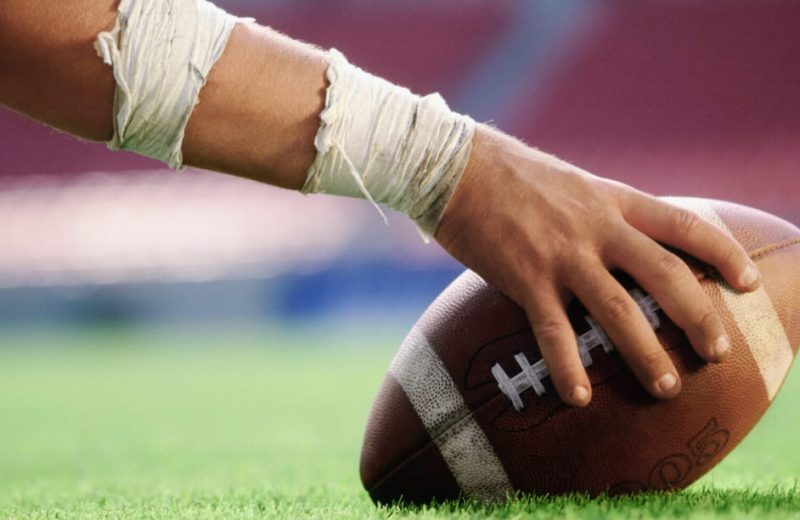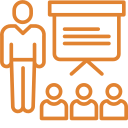Unmasking the Fundamental Attribution Error (FAE)
At the heart of the FAE lies an intriguing observation about human behavior. It is our inherent tendency to attribute another person’s actions to their character or personality while ascribing our own behavior to external situational factors beyond our control. Simply put, we often cut ourselves some slack while holding others 100% accountable for their actions. This cognitive bias plays a significant role in our personal lives and professional relationships. It influences our decision-making processes, often leading to misunderstandings and misinterpretations of others’ motivations.
The Lazy Brain: Shortcut to Misjudgment
As humans, we are eminently distracted by our biases because our brains are “lazy” in that we prefer to take shortcuts to our understanding of reality rather than doing the long and hard process of investigating the truth of what confronts us. We are busy and rushed to keep things moving. This fundamental attribution error applies to each of us – I think of myself as a kind person if I hold the door for another; I certainly seldom, if ever, consider myself a bad person.
Let’s remember that behavior is not a trait, even though we habitually attribute behavior to character traits of personality. This bias influences our personal lives as well as our work relations. It plays a consistent role in workplace dynamics like decision-making. Work situations are full of opportunities in which our brains take shortcuts with judgments of issues at hand. As Healy puts it, “In fact, it’s at the root of any misunderstanding in which human motivations have the potential to be misinterpreted. . . . In action, forming impressions of a person’s character based on limited information can have long-lasting effects . . . you may always view [that person] in a negative light.”
Behavior Economics: Implications in the Workplace
Sadly, we often evaluate a colleague through this bias due to observed behaviors rather than genuine traits. It might be why many companies no longer use the dreaded annual appraisal of employees that focuses on behaviors in performance instead of the value the person makes to the company.
The FAE isn’t limited to our personal lives. It seeps into our workplaces, affecting dynamics and decision-making. Colleagues are often evaluated based on observed behaviors rather than genuine traits, which can lead to misunderstandings and tension. In response to this, many companies have moved away from the traditional annual appraisal systems that focus on behaviors, recognizing the need to shift the focus towards the value individuals bring to the organization.
Personal Biases: Remedies and Strategies
Healy suggests two remedies: combat this fundamental attribution error with gratitude. “Try to make a list of five positive qualities the person also exhibits.” But more important is to become more emotionally intelligent – the buzzword in the business world for practicing self-awareness, empathy, and self-regulation.
Wisdom of Overcoming Cognitive Biases
Though impossible to overcome biases completely, one can acknowledge them cognitively to make a conscious effort to limit their effects, to lessen hostility, and to build peace and collaboration. Of some 200 cognitive biases that hamper our relations, focusing on FAE (fundamental attribution error) might be a good place to start being more human.
Fundamental Attribution Error
In conclusion, the Fundamental Attribution Error is a captivating concept in the realm of behavioral economics that holds profound relevance in both our personal and professional lives. By understanding and addressing this cognitive bias, we can foster more understanding, collaboration, and peace. As we navigate the intricate web of human relationships, let us remember that being aware of our biases and actively striving to overcome them is the first step toward a more compassionate and harmonious world.
















